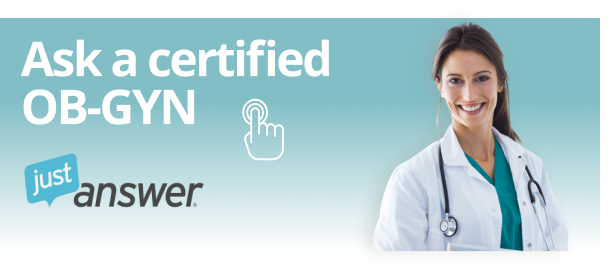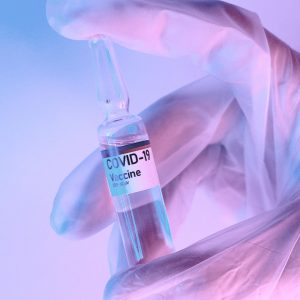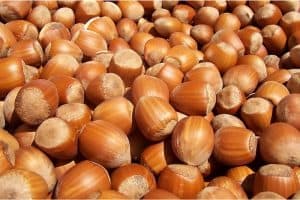How to prevent preeclampsia with diet
In general, it is always essential to eat a well-balanced healthy diet before planning to become pregnant and during pregnancy. This will help to reduce the risk of developing several health conditions and complications that could potentially occur in pregnancy. Thus, researchers and health experts foremost effective recommendation to decrease the occurrence of preeclampsia is to maintain a healthy weight before pregnancy and to have healthy weight gain during pregnancy. Keeping a healthy weight before and during pregnancy is possible by consuming a well-balanced diet. It should be noted that preeclampsia during pregnancy interrupts the flow of blood and nutrients transferred from the mother to the fetus. Therefore, it is important for pregnant women to consume a nutrient rich balanced diet more than ever. Some of healthy recommendation are:
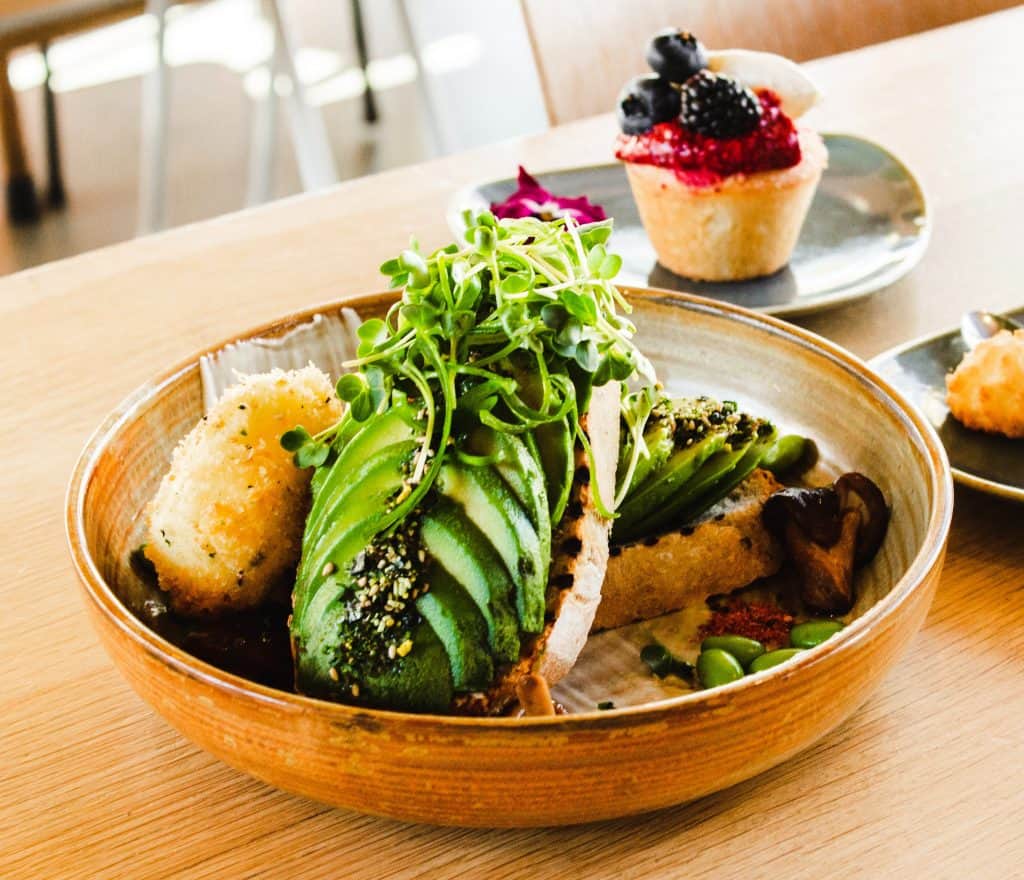
- Eating at least five portions of different fruit and vegetables
- Eating fiber-rich foods (whole meal pasta, wholegrain bread, brown rice, oatmeal)
- Eating dairy products (milk, cheese)
- Eating protein content foods everyday (choosing either animal source of protein meat and fish or plant sources such as lentils, beans and tofu)
- Avoid eating a high fat and sugar content foods
Besides the above recommendation, researchers also indicated some dietary habits could be a potential mark for future recommendations and guidelines to prevent preeclampsia.
For example, a recent large Danish cohort study published in BJOG: An international Journal of obstetrics and Gynaecology determined the association between dietary habit of pregnant women and risk of hypertension during pregnancy. The result suggests that consuming a diet rich in vegetables and fish reduce the risk of developing preeclampsia. In the meantime, increasing consumption of western diet (high consumption of potatoes, mixed meat, margarine and white bread) increase the risk of developing preeclampsia. Based on these promising results, the study recommends the following healthy dietary habits for healthy women to reduce the risk of developing preeclampsia throughout the pregnancy period;
- Eating at least five portions of different fruit and vegetables every day
- Consuming not more than two portions of oily fish such as mackerel or salmon and tuna steaks or medium sized cans of tuna in a week
- Reduce consumption of western-type diet
- Avoid eating processed food and foods with high fat content
Even though a well-balanced healthy diet helps to prevent preeclampsia, various studies specify the following nutrients that is effective for preventing preeclampsia during pregnancy.
Calcium content foods or calcium supplement
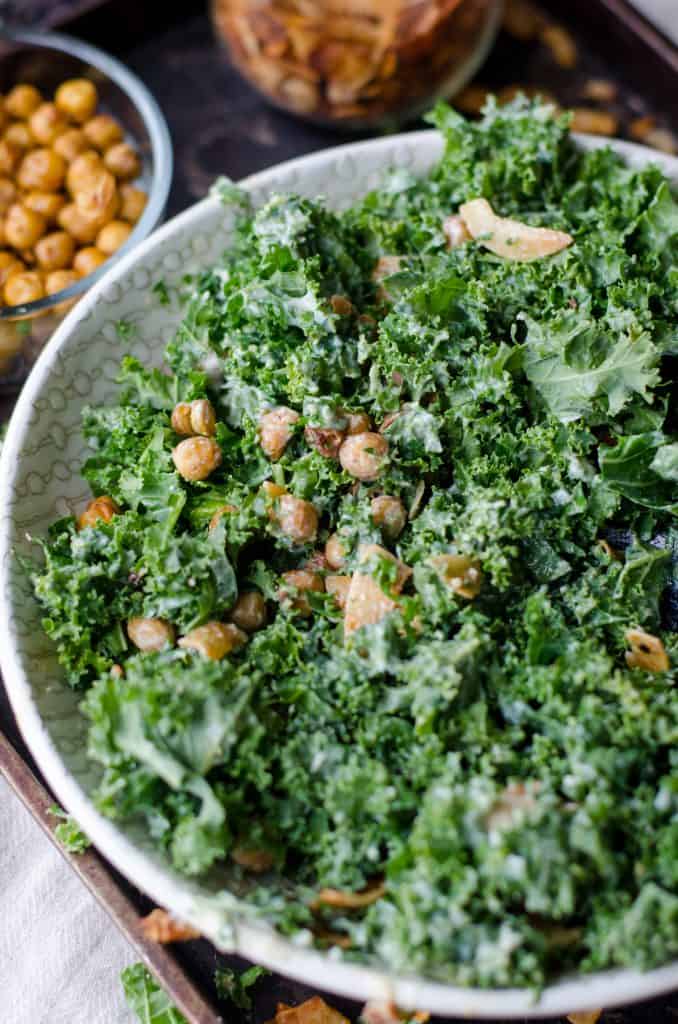
Calcium is one of the major important minerals necessary during pregnancy. It is useful for the development of teeth, nerves, muscles, bones, healthy heart rhythm and blood clotting abilities of the baby. Studies have indicated that low consumption of calcium is highly associated with increased risk in developing preeclampsia. Following the findings, World Health Organization (WHO) recommends calcium supplementation to be started at 20 weeks of gestation in population where there is a low calcium intake. The recommended amount of habitual calcium intake of pregnant women should not be less than 900mg per day. Thus, the daily amount of calcium supplementation should be 1.5-2.0g oral elemental calcium. The daily intake of calcium (900 mg) needed by pregnant women can be met with dairy products such as milk, yoghurt, cheese and vegetables. In terms of food, the daily intake of calcium is equivalent to 3 cups (750 ml) of milk or three servings of hard cheese such as cheddar or 9 cups (2 liters) of cooked greens such as kale.
Omega-3 fatty acids content foods
Omega-3 fatty acids belongs to essential fatty acid family that are necessary for good health of mother and fetus during pregnancy. It helps with brain formation and development of the fetus. A good omega-3 intake prevents the risk of developing preeclampsia during pregnancy. Omega-3s have anti-inflammatory properties that helps to reduce stress in the body which can lead to a low blood pressure. A good dietary source of omega 3-fatty acids is fatty fish (salmon, mackerel, sardines and whiting), shellfish or seaweed. However, mothers should be careful when consuming fish because fish might be contaminated with methyl mercury or polychlorinated biphenyls (PCBs) which can harm the development of the fetus. The amount of omega-3 needed to reduce the risk of developing preeclampsia is not known but consuming two portions of oily fish such as mackerel or salmon and tuna steaks or medium sized cans of tuna in a week has shown to be effective way to prevent preeclampsia.
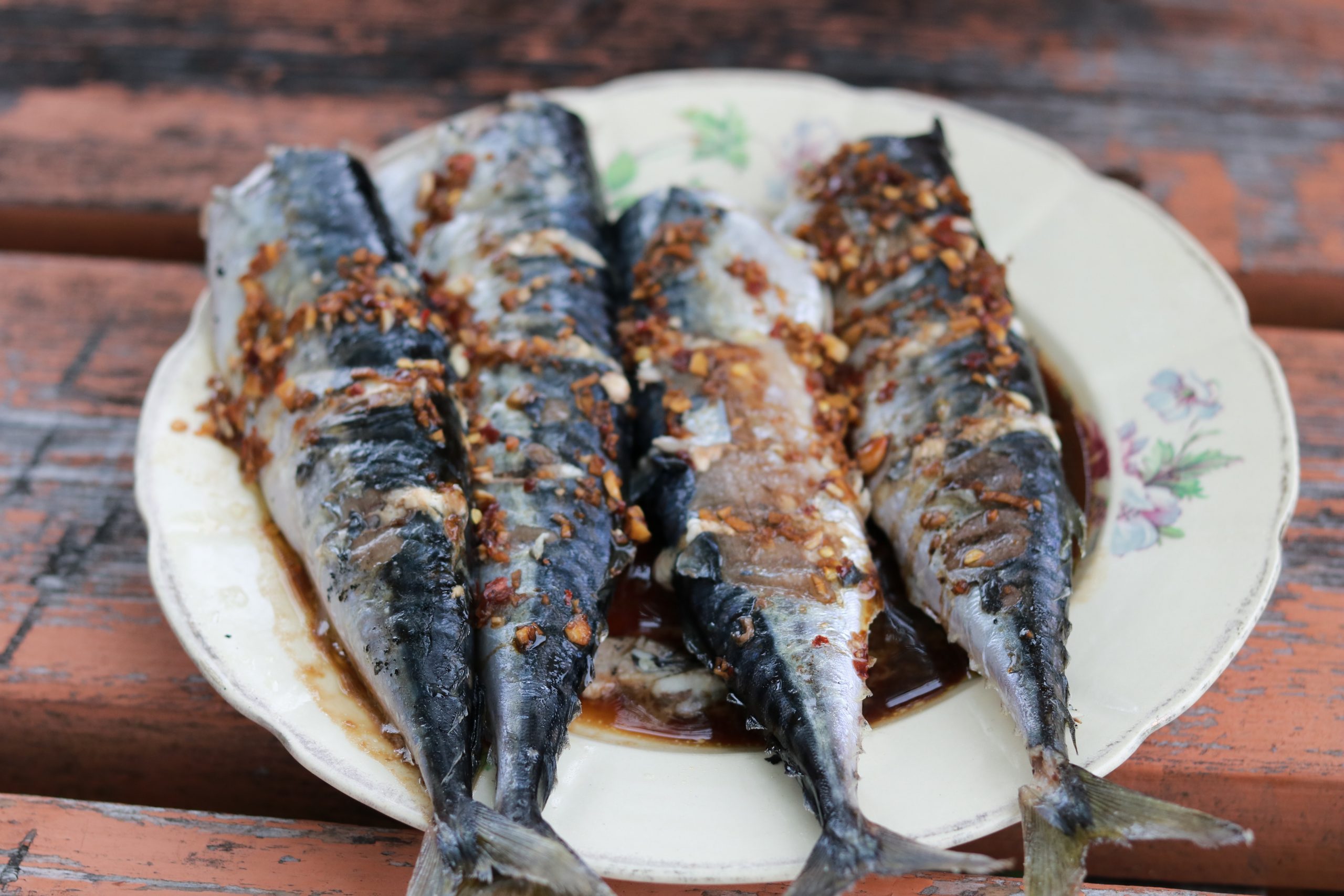
How to manage preeclampsia with diet
If your doctor finds out that you have preeclampsia, you will be given a serious medical attention. This means your doctor will put you in to medication or medical help, continuous follow up visits, dietary recommendations and other helpful advises. Therefore, it is mandatory for a preeclamptic women to follow her doctor recommendation and follow up visits to the end. During this time, the choices we make on what to eat and types of foods to avoid can make the condition better or worse. The following recommendations should be applied with cautious because the severity of preeclampsia may vary in each individual. At the same time, your doctor should be aware of any of your dietary changes.
What to eat?
A preeclamptic woman should keep a healthy balanced diet. However, most studies found out the following recommendations to help manage preeclampsia during pregnancy.
Increase consumption of antioxidant rich foods
A study has indicated that consumption of antioxidant rich foods such as vegetables and fruits have the potential to modulate oxidative stress caused by preeclampsia. Therefore, make sure to consume variety of fruits and vegetables daily.
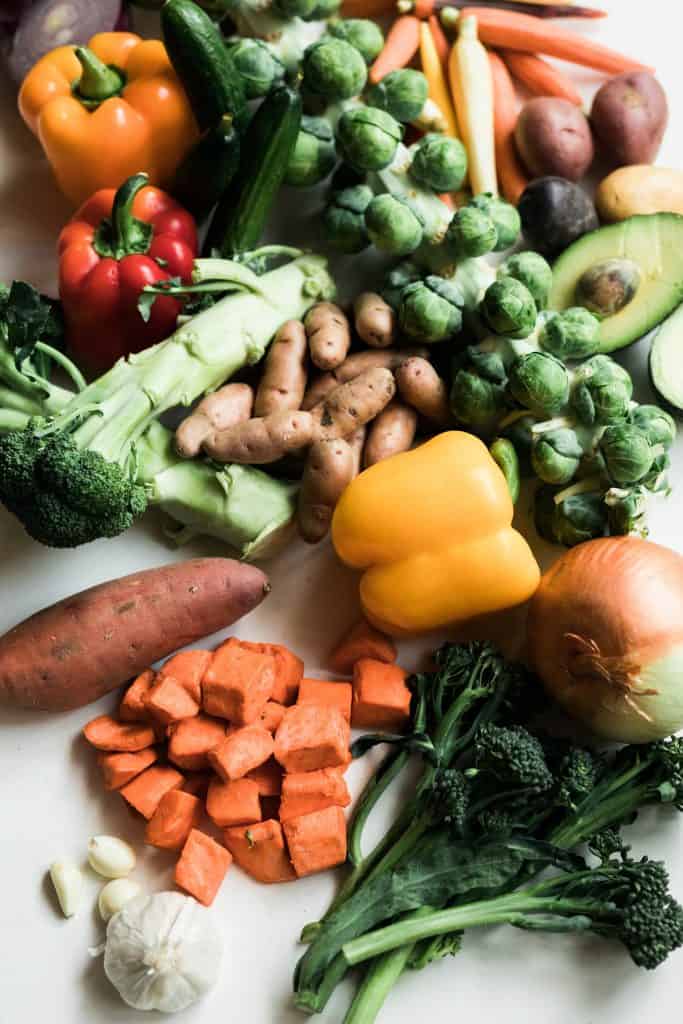
Increase consumption of potassium rich foods
Potassium helps to maintain electrolytes and fluid balance in the body during pregnancy. In preeclampsia, fluid retention or edema is one of the symptoms that is expected to happen. Potassium rich foods such as bananas, potatoes and legumes (beans) help balance the electrolytes in the body. The normal range of potassium needed in the body differs in each trimester. For this reason, your potassium intake should be decided after your potassium levels is assessed by your doctor. Mostly, doctors consider a range of 4.4 mmol/L a safe range for entire span of pregnancy. In a general guideline, daily intake of potassium during pregnancy is 4,700 mg. It is not usually possible to meet the recommended amount in a day. But it might be possible if you include potassium rich foods such as banana, potatoes, avocado, beans, spinach, yoghurt in your daily diet.
What Does 4700 mg of Potassium Look Like? | Watson Inc.
What Does 4700 mg of Potassium Look Like?Did you know that the vast majority of Americans are not consuming adequate amounts of potassium? Less than 2% are meeting the recommendations for potassium, and the average intake is only 55% of the recommended amount. Since potassium helps regulate things like heartbeat and blood pressure, it’s no wonder the FDA is making potassium a mandatory label nutrient on the new nutrition label. Here’s everything you need to know about this vital nutrient.
Posted by Watson Inc. on Thursday, May 23, 2019
What to avoid?
Reduce high sodium content foods
Low sodium intake can help manage preeclampsia during pregnancy. It is not recommended to restrict sodium or salt intake because it can cause other health complications. On the other side if excess sodium is consumed, the body will hold extra water to flush out the excess sodium which results bloating, discomfort and swelling of face, hands or legs. Therefore, it is advisable to lower daily sodium intake that especially comes from processed foods (soups, spices, sauces and condiments), cereals, bread, sweet drinks, processed meats (ham, pepperoni and sausage). According to Dietary Guidelines for Americans, 2,300mg of sodium is recommended per day during pregnancy. This is equivalent to six gram of salt or one teaspoon of salt a day.

Avoid caffeine and alcohol drinks
Caffeine and alcohol drinks raise blood pressure. Most studies indicate that 200 mg of caffeine or 1 or 2 cups of coffee per day does not cause harm in the pregnancy. But if a pregnant woman has developed preeclampsia, it is not advisable to drink any caffeinated drink. Hence, it might worsen the condition. Drinking alcohol during pregnancy harm the health of the fetus and the mother as well. It is advisable to stop drinking alcohol at all especially if you are at risk of developing preeclampsia.
In conclusion, it is possible to prevent and manage preeclampsia during pregnancy with diet. Eating a healthy well-balanced diet before planning to get pregnant and during pregnancy could reduce the risk for developing preeclampsia. Specific nutrients such as calcium and omega-3 fatty acids has shown to prevent preeclampsia. Eating antioxidants and potassium rich foods helps to manage preeclampsia combined with medical help. It should be noted that diet is not the only factor that can cause preeclampsia, there are other causes which could not be intervened with diet only.
Reference
- https://www.mayoclinic.org/diseases-conditions/preeclampsia/symptoms-causes/syc-20355745
- https://www.webmd.com/baby/preeclampsia-eclampsia#1
- https://www.nhs.uk/conditions/pre-eclampsia/
- https://www.healthline.com/health/preeclampsia
- https://www.who.int/nutrition/events/2011_consultation_prevention_preandeclampsia_Ca_VAD_pregnancy/en/
- https://apps.who.int/iris/bitstream/handle/10665/119627/WHO_RHR_14.17_eng.pdf;sequence=1
- https://apps.who.int/iris/bitstream/handle/10665/44703/9789241548335_eng.pdf;sequence=1
- https://americanpregnancy.org/pregnancy-complications/preeclampsia-927
- httphttps://www.whattoexpect.com/pregnancy/salt-in-diet/s://www.babylist.com/hello-baby/how-to-prevent-preeclampsia
- https://www.alliedacademies.org/articles/effect-of-minerals-on-pregnant-women-suffering-from-preeclampsia-and-eclampsia.html
- https://parenting.firstcry.com/articles/potassium-in-pregnancy-need-and-importance/
- https://pubmed.ncbi.nlm.nih.gov/27503592/
- https://www.melaniemcgrice.com.au/what-should-i-eat-if-i-have-preeclampsia/
- https://www.sciencedirect.com/science/article/pii/S1028455919302694
